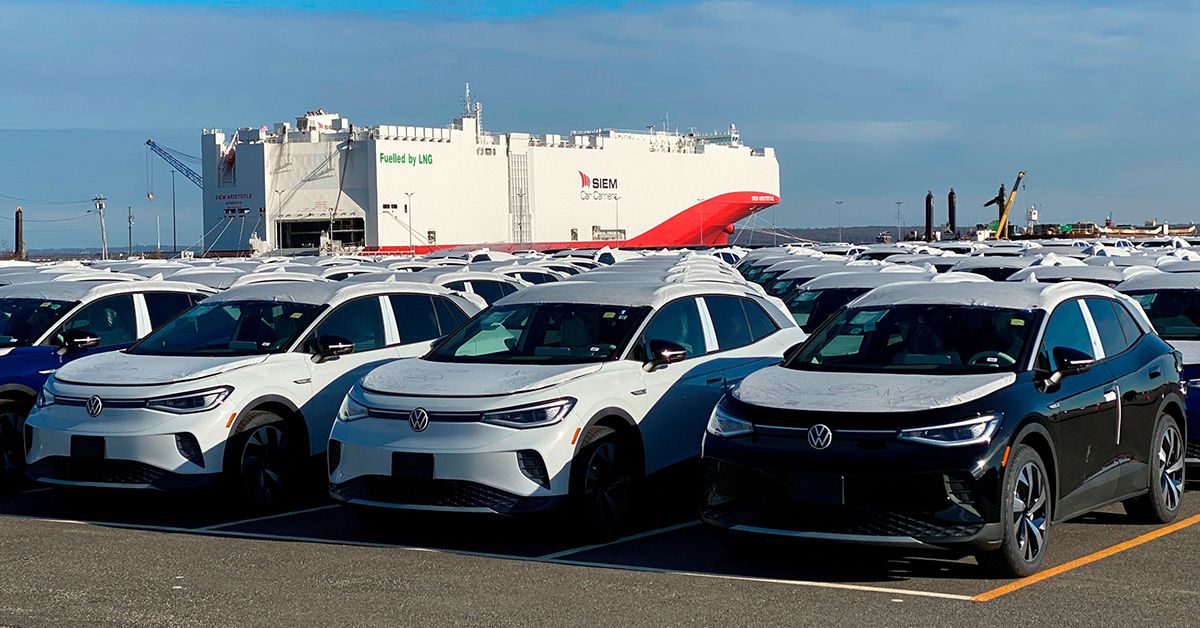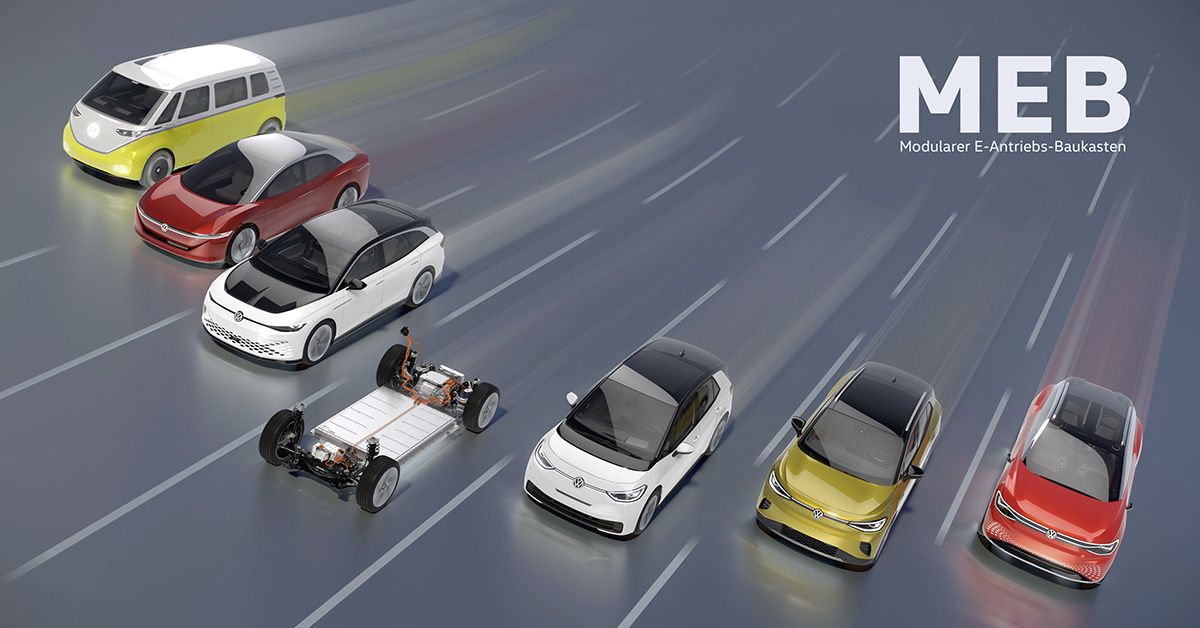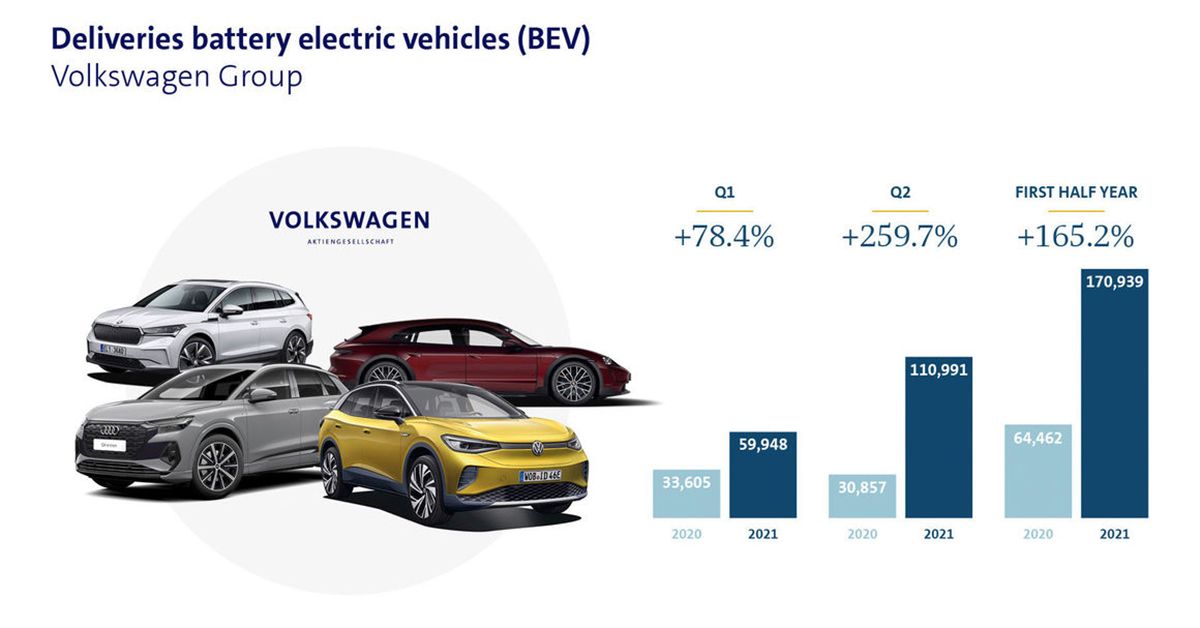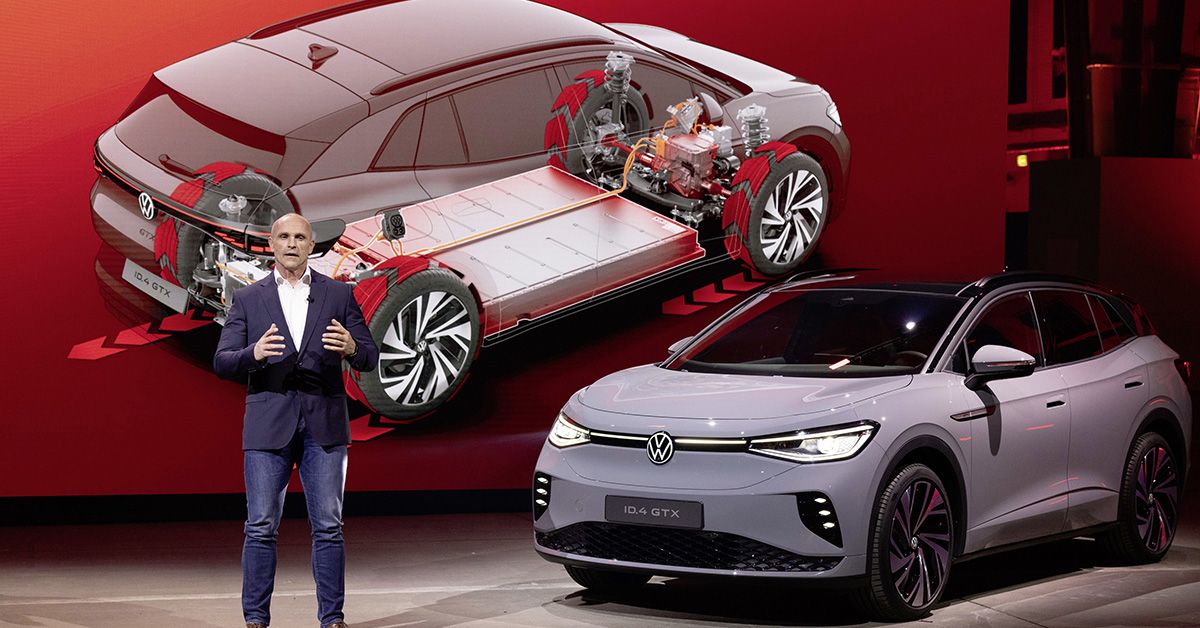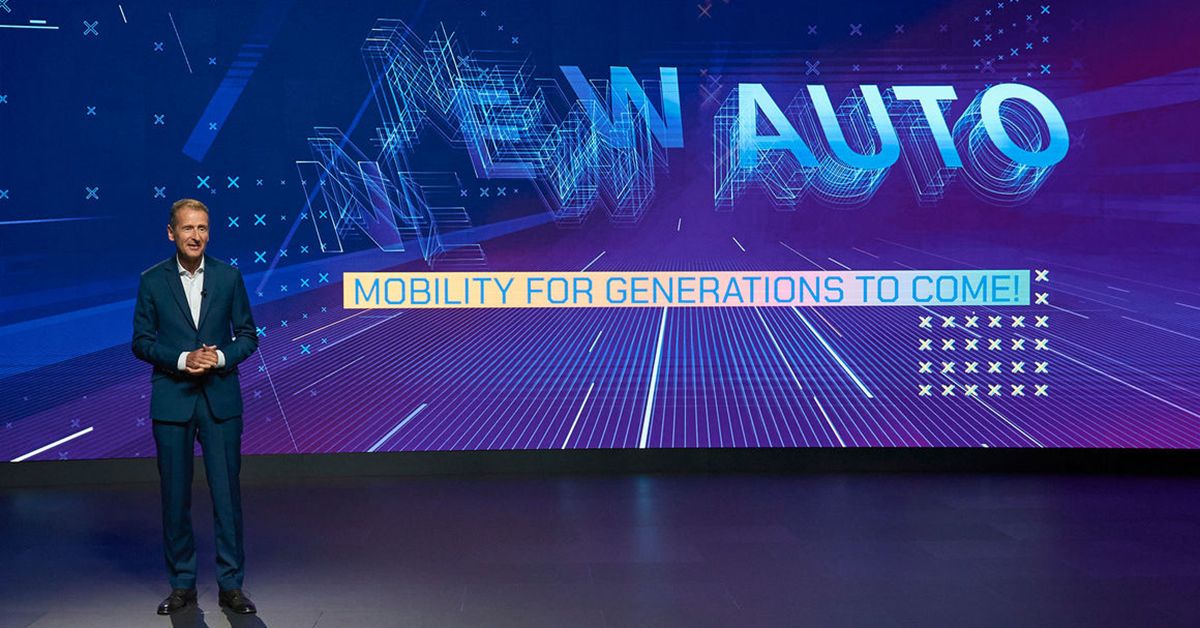More than half a decade ago, the Volkswagen Group saw itself being on the hottest seat in the automotive world – the Dieselgate emissions scandal. It was so hot that VW saw its sales burn away, dropping drastically as some customers lose confidence in the carmaker.
At the same time, electric vehicles were trying to introduce themselves, as spearheaded by models from Tesla. Carmakers were creating electric concepts, many of which have or will become a production reality. Eyeing to erase the stigma of the Dieselgate scandal, the VW Group saw a way out – electrification. Since then, the VW Group has worked tirelessly to develop new electric vehicles. Now that these EVs are in the market, VW is reaping some real cash.
As early as 2018, the VW Group became the first carmaker to commit to the Paris Agreement, with the whole group aiming to be carbon neutral by 2050. In November that year, its Supervisory Board announced an investment of $44 billion over the next five years in a massive electric offensive, with the intention to take part in a global electric revolution.
Indeed, such a revolution is already here, as proven by the recent EV sales jump at the VW Group.
VW Group's Journey From Dieselgate To Electrification
The so-called Dieselgate scandal can be said a result of VW Group's efforts to tell the world that its diesel-powered vehicles are less detrimental to the environment. But some people inside the company went overboard and Dieselgate broke out. After being made to pay billions of dollars as fines and penalties, the VW Group changed strategy to something electrifying, literally.
Serving as the technical and economic backbone of the group's electric campaign is the modular electric drive matrix (MEB), a vehicle architecture designed to offer long ranges, spacious interiors, as well as dynamic performance. The first electric car underpinned by the MEB was the compact VW ID.3, which production version was unveiled at the 2019 Frankfurt Motor Show (IAA).
Around 56,500 units of the VW ID.3 were sold in 2020, but that was just the start. In the first half of 2021, VW sold 31,177 units of the ID.3, and it's still halfway through the year.
Huge Surge In EV Sales In First Half Of 2021
The VW Group's electric offensive in the first half of 2021 went to a hot start, with the company launching several EVs across its brands in the period: Audi Q4 e-tron, Audi Q4 Sportback e-tron, Audi e-tron GT, and Porsche Taycan Cross Turismo, as well as Volkswagen ID.4, Volkswagen ID.6, Skoda Enyaq iV. Among these models, the ID.4 has an important role to play since it means that VW now has an offering in the world’s largest growth segment, the compact SUV class.
As expected, the ID.4 did not fail the VW Group, as it was the top sales performer among group EVs in the first half of 2021, with total sales of 37,292 units. It was closely followed by the ID.3 and the Audi e-tron (including Sportback) with 25,794 vehicles sold. Rounding off the group's top 5 EVs in terms of sales were the Porsche Taycan (including Cross Turismo) 19,822 vehicles and the VW e-up! 17,890 vehicles
Overall, the VW Group delivered 170,939 EVs around the world in the first half of 2021, representing a 165.2% surge year-on-year in the same period in 2020. Of these 59,948 EVs were delivered in the first quarter (78.4% increase year-on-year) and 110,991 units (259.7% jump year-on-year) in the second quarter. Aside from battery EVs, the VW Group also sells plug-in hybrid EVs (PHEVs). In the first half of 2021, PHEV sales at the group level leaped 204.2% for a total of 171,300 PHEVs.
Electric Revolution At World's Largest Carmaker
By the end of June 2021, overall deliveries (all types of vehicles) at the VW Group jumped significantly by 27.9% over the previous year to around 5 million vehicles. Thanks to huge figures in the first six months of 2021, EV accounted for a larger chunk of sales than in the same period in 2020. With the overwhelming rise of EVs in the first half of 2021 for the world's largest carmaker (as of 2020), it's undeniable that the electric revolution is here.
As to how many EVs were sold by the VW Group by region, its home market Europe remains its sales bastion. In the first half, 128,078 EVs were delivered in Europe for a 154 percent jump in sales. Interestingly, the VW Group is also the EV leader in Europe, commanding 26% of the market. Europe accounted for 74.9% of the group's global EV sales in the first months of 2021.
The VW Group's other largest markets include the United States 18,514 EVs (10.8 % of global deliveries) for a market share of around 9 percent. Sales in China amounted to 18,285 EVs (10.7%).
VW Brand As Global EV Leader By 2025
With these strong EV results as well as robust conventional vehicles sales, VW Group chief executive CEO Herbert Diess is bullish about the company's future. During the virtual Annual General Meeting of the Volkswagen Group, Diess disclosed plans to further expand its share of the e-mobility market, with the goal of becoming the market leader for EVs in the world.
Pursuing the electrification and digitalization of its vehicle portfolio, lead brand Volkswagen is aiming to become the global market leader in EVs by 2025. It's still 2021 and the VW Group is still in the process of building the most comprehensive EV portfolio in the auto industry.
Source: Volkswagen Group

